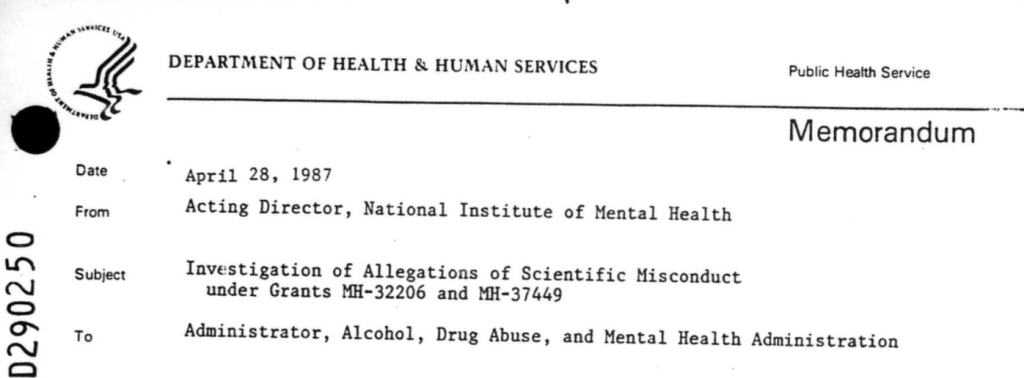In 2017, a paper published in Nature Human Behavior made international headlines for the authors’ claim they had developed a way to analyze brain scans using machine learning to identify youth at risk for suicide.
“It was a big, splashy finding,” said Timothy Verstynen, an associate professor of psychology at Carnegie Mellon University in Pittsburgh, who was not involved in the research. But at a neuroimaging conference soon after the publication, other researchers discussed the study “in kind of a sense of disbelief,” he said.
The 91% accuracy for identifying suicidality that the researchers reported, from a sample size of just a few dozen participants, he said, “kind of went against what we as a field were starting to understand about the nature of these brain phenotype markers based off of neuroimaging data.”
After six years of scrutiny, during which Verstynen attempted to replicate the work but found a key problem, the authors of the 2017 paper have retracted the article.
Continue reading High-profile paper that used AI to identify suicide risk from brain scans retracted for flawed methods









